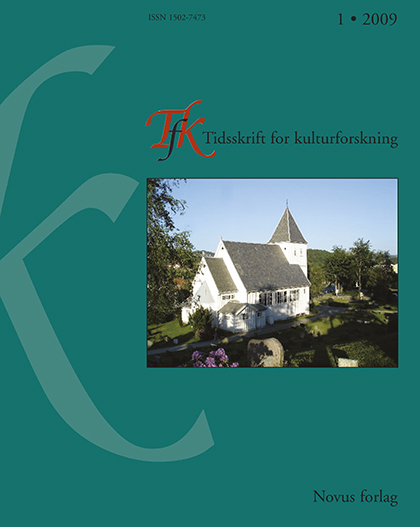Sammendrag
Computer games are cultural expressions with great importance to young people. This article is based on participant observation to get contextual experiences in use and reading of games. The article is based on a discursive analysis of the use of two educational computer games in the teaching practice of students in teacher's training. In what ways are the students and their pupils able to connect events in the games to forms of social organization in the classroom? The conclusions give evidence of a variety of social approaches to multi-modal texts, and will challenge totalizing formulations of experiences, which claim to speak for "others" by way of collective concepts. The construction of meaning, it is argued, results from the interaction between acting and interpreting agents in contexts. Such interaction and the teacher`s position to handle this, provides the very basis for learning cultural content from computer games.

